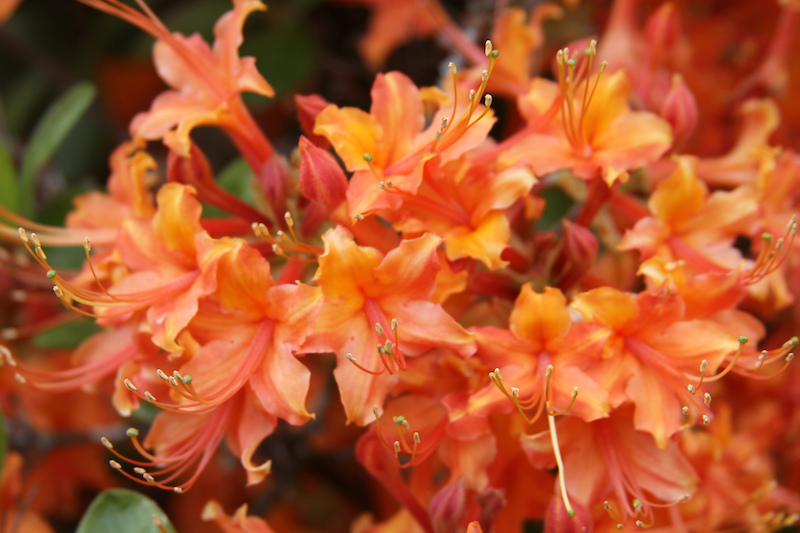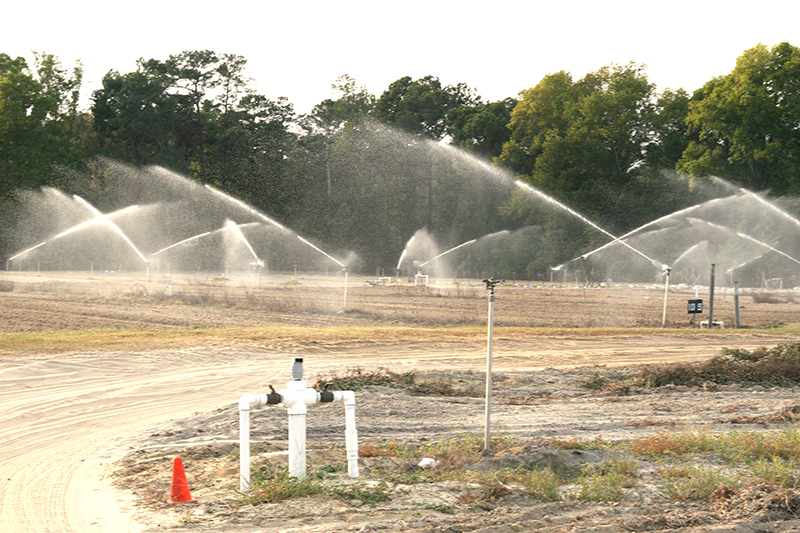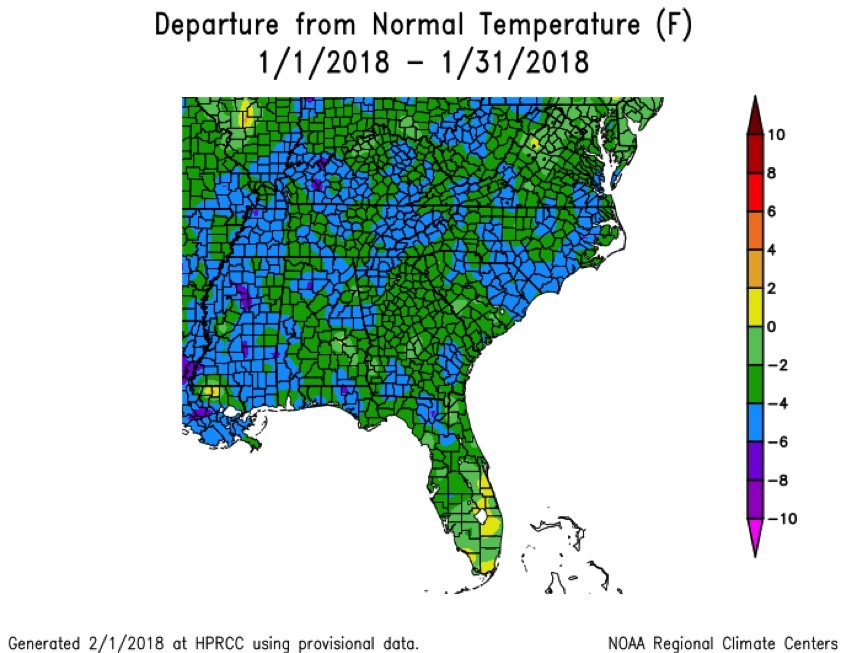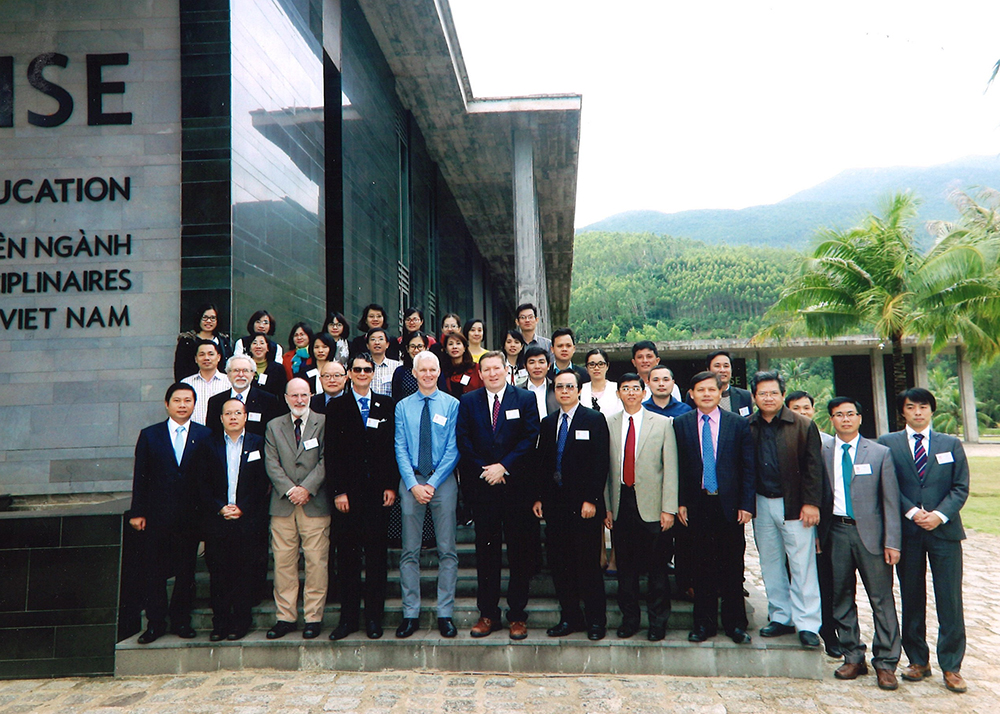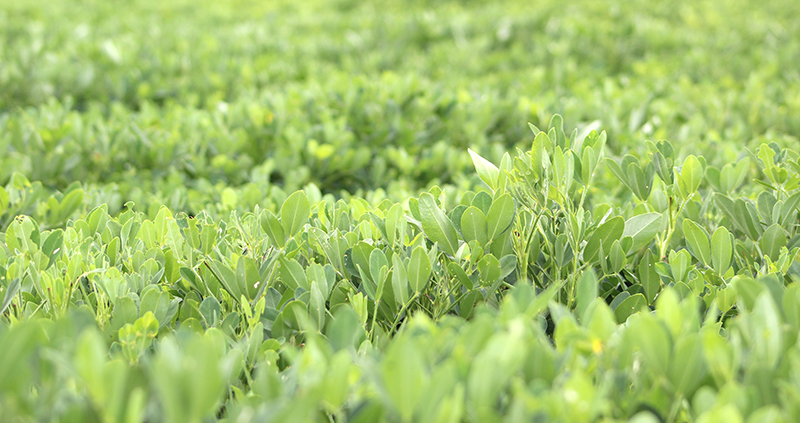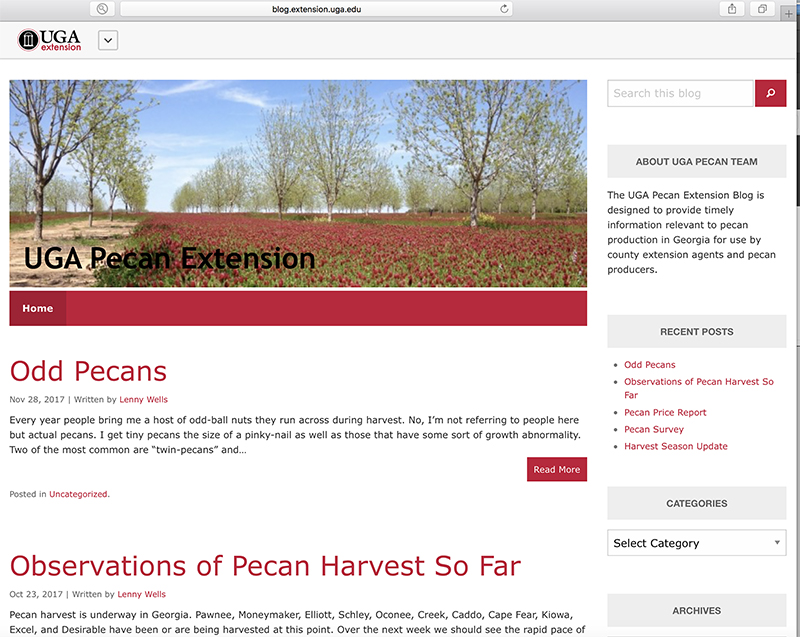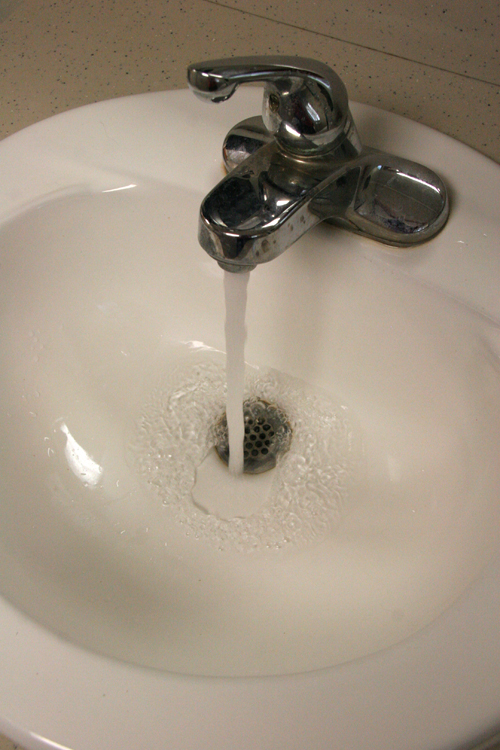 CAES News
CAES News
Water Conservation
The average American uses between 80 and 100 gallons of water a day, and that may not seem like much, but over the course of a year, or a lifetime, it adds up. With only 1 percent of the world’s water suitable for drinking or growing crops, it’s up to everyone to the do their part to conserve this finite resource.

